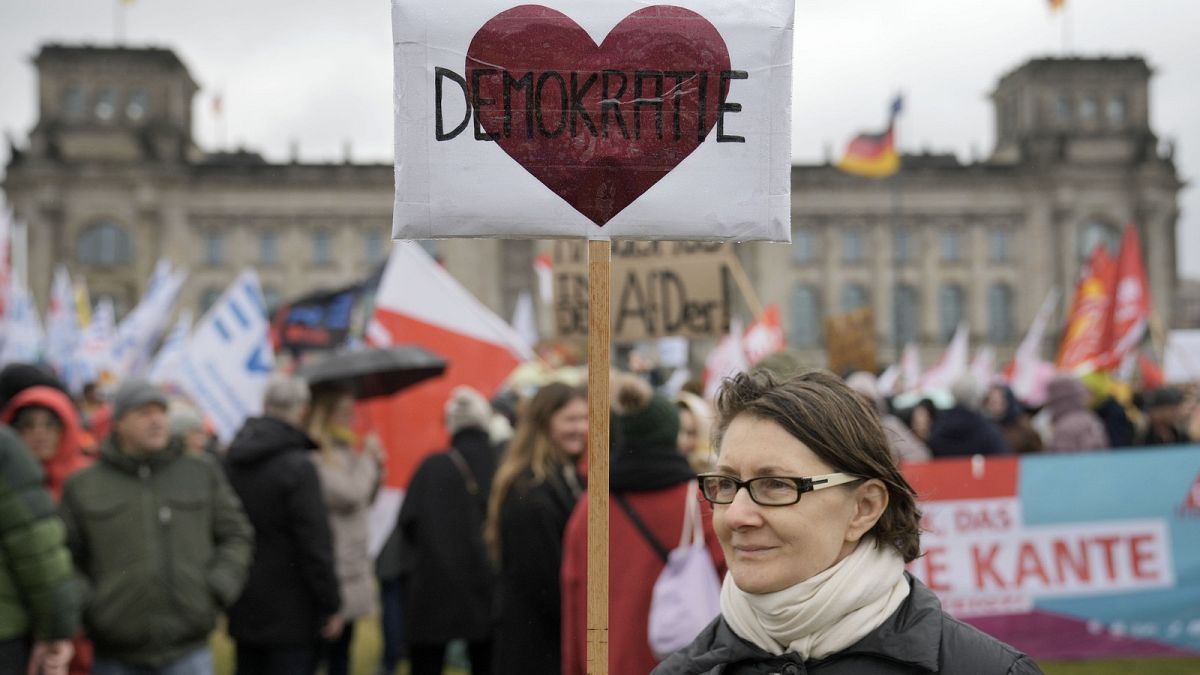According to a recent global study, dissatisfaction with democracy is on the rise in parts of Europe where governments are failing to meet the democratic expectations of their citizens. The Democracy Perception Index (DPI) surveyed nearly 63,000 people from 53 countries, including 15 members of the European Union, between February and April of this year. In countries like France, Greece, and Hungary, the majority of citizens feel that they no longer live in free democracies. Hungary, in particular, has been criticized by Brussels for democratic backsliding, such as anti-LGBT legislation and restricting independent media.
Greeks, the birthplace of democracy, are also increasingly dissatisfied with only 43% believing their country is democratic. Greece has faced scrutiny over allegations of illegal migrant pushbacks, erosion of media freedom, and a spyware investigation involving journalists. France’s democratic perception has also taken a hit, with almost half of respondents feeling their country is not democratic. Economic turmoil and mistrust in the ruling class have contributed to this sentiment. This dissatisfaction is reflected in the Perceived Democratic Deficit, which is at a high in countries like Hungary and Greece.
The study also sheds light on what citizens want their governments to prioritize, with improving healthcare being a top concern in most EU countries surveyed. Poverty reduction and tackling immigration have also emerged as high priorities. In countries like Austria, Germany, Ireland, and France, reducing immigration is seen as a top government priority by a significant percentage of respondents. Germany, in particular, stands out as the country where the highest share of people want their government to focus on reducing immigration.
The upcoming European elections are anticipated to be influenced by the growing divide between voters concerned about climate change and those prioritizing immigration issues. Populist parties with anti-migration agendas are gaining traction, with some projected to win in multiple EU member states. This growing concern over immigration may impact the outcome of the elections to a significant extent. The study suggests that the friction between these two opposing voter groups could shape the political landscape in the coming months.
While trust in the EU remains positive in most countries surveyed globally, the perception of the US has taken a hit, especially in various EU nations. The US is facing a perception crisis in countries like Austria, Ireland, Germany, Belgium, and Greece, with a net negative perception. Despite Russia’s ongoing invasion of Ukraine, the perception of Russia has been steadily rising globally since 2022. The stagnant image of the EU, the US, and the UN across the globe suggests a need for these institutions to address concerns and rebuild trust among citizens.
In conclusion, the deepening dissatisfaction with democracy in parts of Europe underscores the need for governments to address the concerns of their citizens and uphold democratic values. The study highlights the importance of healthcare, poverty reduction, and immigration as key priorities for European citizens. The upcoming European elections are expected to reflect the growing divide between different voter groups, emphasizing the need for political parties to address these issues. As trust in global institutions fluctuates, it is crucial for leaders to engage with their constituents and work towards restoring confidence in democratic processes and institutions.





















